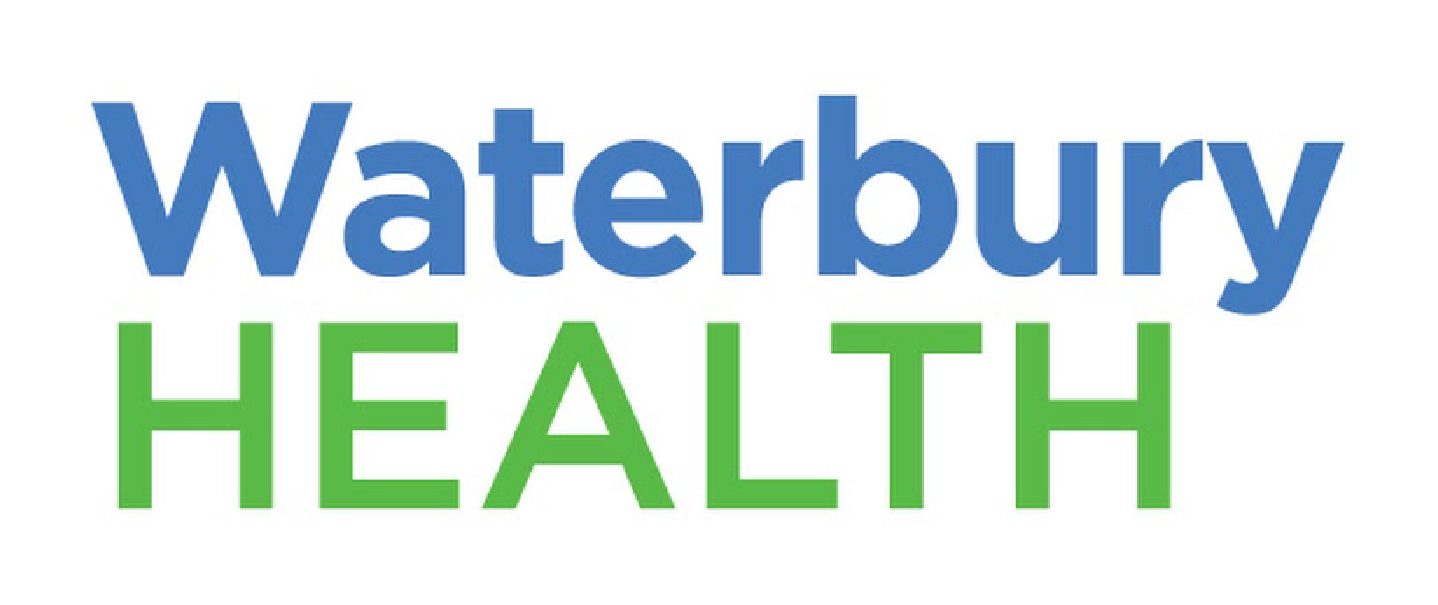Charitable Mission
Charitable Surgery Mission to Liberia with HEARTT (Health Education and Relief Through Teaching)
The Surgical Teaching in Liberia (STIL) Program is a two week rotation for Waterbury Hospital surgical residents designed to provide them with surgical experience in a developing country through direct patient care as well as participation in the education and training of local surgical residents and hospital staff.
The rotation is conducted under the auspices of HEARTT (Health Education and Research Through Training), a recognized 501(c)3 charity set up by Dr. James Sirleaf, an ER physician at Bridgeport Hospital who is the son of the current President of Liberia, Ellen Johnson Sirleaf. David Knight, M.D. is responsible for the direct supervision of the residents on the STIL rotation. The Heartt foundation will provide accommodations and two meals a day for a two week period. During this two week rotation, residents will operate for at least 10 days doing mainly general surgery procedures. The aim will also be to teach some of the local residents in accordance with Heartt’s objectives.
Selection of residents for STIL will be through an open application process. Residents who wish to be considered for this rotation will submit a letter stating why this would be of benefit to their surgical education. The letters will be reviewed by the PD and APD and the top candidates will be selected. To be eligible for selection, the resident must be in good standing in the program and have scored greater than the 35th percentile on the preceding year’s ABSITE exam and use two weeks of their vacation time for this elective rotation. For more information, please visit www.hearttfoundation.org;
Read about a resident’s experience in Liberia
Loupes Around the World
The inspiration for Loupes Around The World came after a trip to Vietnam and Cambodia in December 2006. In Phnom Penh, Dr. David Knight met Dr. Ly Heng, a plastic surgeon at Preah Kossamak Hospital; during their conversation, Dr. Heng told me about some of the remarkable reconstructive surgery he was performing on trauma victims. When asked if he used magnification for this delicate surgery, Dr. Heng laughed and said that he could not possibly afford a pair of loupes. On the flight home, Dr. Knight thought about his conversation with Dr. Heng and the many surgeons in developing countries who must be in the same situation, and how much their patients could benefit if they had loupes for their work.
Essentially, surgical loupes are magnifying glasses which allow the surgeon to see small delicate structures with more clarity than is possible with the naked eye, thus, with loupes they are able to dissect and repair structures more accurately. Loupes are used by virtually every specialty in surgery, including plastic/reconstructive, cardiac, neurosurgery, urology, orthopedics, vascular, pediatric surgery, and general surgery. In developed countries, loupes are considered to be a standard tool in the surgeon’s armamentarium. Because they require precise optics, however, they can be quite expensive and unaffordable for many surgeons in developing countries.
With the help and encouragement of friends, Loupes Around The World was started in March 2007. Loupes Around the World has worked with NGOs such as Operation Smile, Interplast, SIGN, and Madaktari to identify potential loupes recipients; additionally the organization receives referrals from other surgeons as well as individual requests. As of September 2012, Loupes Around the World has provided loupes to over 190 surgeons in more than 40 countries around the world. For more information, please visit www.loupesaroundtheworld.org

